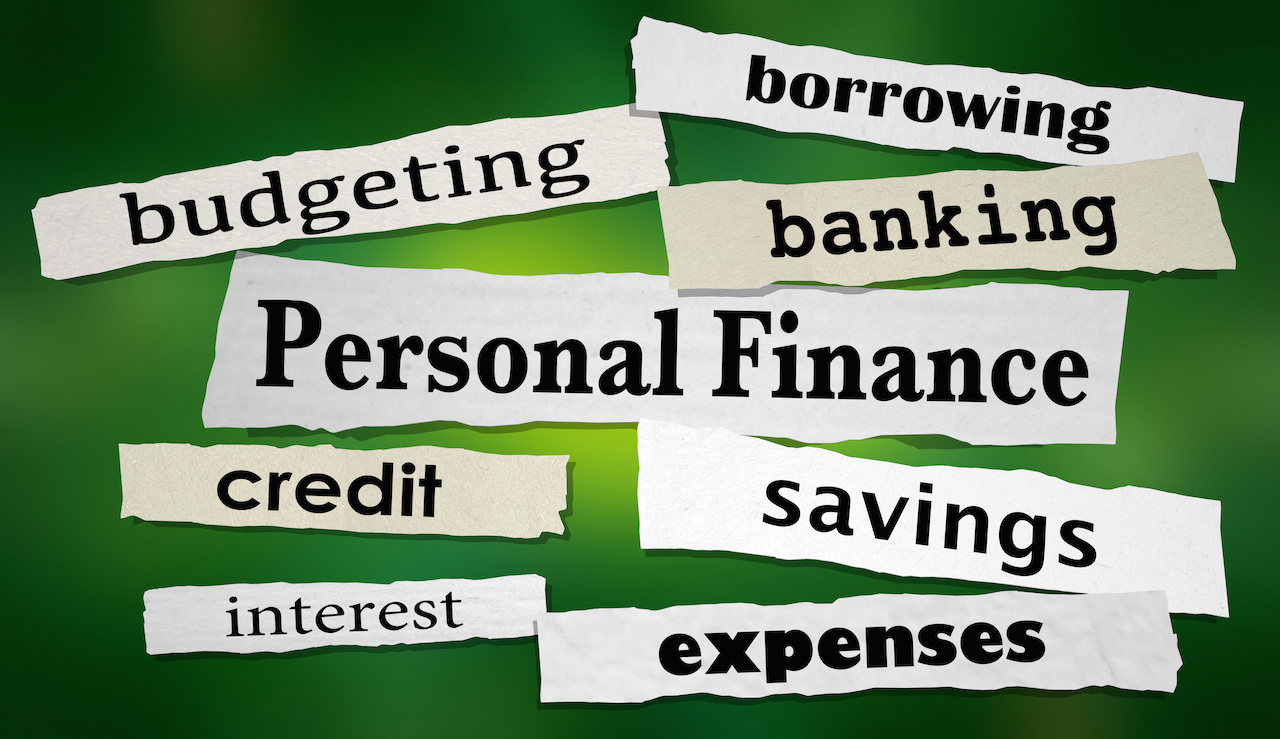Credit Sesame’s personal finance weekly news roundup November 4, 2023. Stories, news, politics and events impacting the personal finance sector during the last week.
- Job growth cooled in October 2023
- Persistent inflation outpaced income growth in September 2023
- Auto workers’ win might be consumers’ loss
- Credit scores hit all-time high even as late payments rise
- Stocks post a third consecutive monthly decline
- Federal Reserve keeps interest rates unchanged for now
- Americans tapping retirement funds to relieve financial pressure
- Consumer confidence falls again
1. Job growth cooled in October 2023
National employment grew by 150,000 jobs in October 2023. That represents a substantial slowing from September’s job growth of 297,000 and from the monthly average of 258,000 for the past 12 months. The latest job report also included significant downward revisions of figures previously reported for August and September. These downward revisions total 101,000 jobs. The slower job growth may be viewed as a “just right” economic outcome – strong enough to represent continued growth but not so hot as to add fuel to the inflationary fire. See full Employment Situation report at BLS.gov.
2. Persistent inflation outpaced income growth in September 2023
Personal income in the United States grew by 0.3% in September. Over the same month, the Personal Consumption Expenditures (PCE) price index increased by 0.4%. The PCE price index is the measure of inflation the Fed uses as a basis for its economic projections. The PCE price index is up 3.4% over the past year – the same 12-month reading that was recorded at the end of July and the end of August. So, while inflation has eased from its peak, it seems to have plateaued at a level well above the Fed’s target of 2.0%. With consumers continuing to spend heavily despite inflation outpacing income growth, the personal saving rate continued to decline. The personal saving rate was 3.4% in September, down from 4.0% in August and 5.2% six months ago. See full release at BEA.gov.
3. Auto workers’ win might be consumers’ loss
The United Auto Workers (UAW) union reached a tentative deal with the three major Detroit-based car companies. GM, Ford and Chrysler’s parent company Stellantis agreed to a deal that could lead to 33% wage increases over time. While this helps the economy avoid potential supply shortages for autos and parts, the generous compensation terms are likely to add to inflation pressures. The inflationary impact could spread if the UAW’s apparent victory emboldened other unions to seek aggressive terms in labor disputes. See article at Reuters.com.
4. Credit scores hit all-time high even as late payments rise
FICO announced that the average consumer credit score in the US hit an all-time high of 718 earlier in 2023. That’s up two points from the previous high of 716, which was maintained from April of 2021 through October of 2022. Credit scores received an artificial boost from the federally mandated removal of credit collection accounts of less than $500 from credit reports. FICO cites continued strong employment as a positive factor for credit scores. However, it also noted that both balances and late payments are up. See analysis at FICO.com.
5. Stocks post a third consecutive monthly decline
The S&P 500 closed October with a loss, marking the third month in a row it has fallen. That’s the first time since March 2020 that the S&P 500 has suffered three straight months of losses. The Dow Jones Industrials Average and the Nasdaq index have also declined for three straight months. Though all three indexes have done poorly of late, their returns for the first ten months of 2023 differ significantly. The Nasdaq was up more than 22% through October, while the S&P 500 was up 9%, and the Dow was showing a slight loss. Stocks have been declining recently despite generally favorable earnings reports. That’s because rising interest rates reduce the relative value of future earnings and dim the prospects for the economy. See article at Yahoo.com.
6. Federal Reserve keeps interest rates unchanged for now
The Federal Open Market Committee (FOMC) wrapped up its latest meeting on November 1 with an announcement that it will keep rates unchanged for the time being. That means the Fed will continue to hold rates in a range of 5.25% to 5.5%. However, its latest projections show that the FOMC expects to make one more rate hike in 2023. That means that a quarter-point rate increase is likely at the conclusion of the Fed’s December 12-13 meeting, unless there is a significant change in economic conditions before then. See FOMC statement at FederalReserve.gov.
7. Americans tapping retirement funds to relieve financial pressure
A Bank of America report says that the number of their clients taking early withdrawals from their 401k plans in the second quarter of 2023 was 36% higher than it was a year earlier. The number of Americans borrowing against their retirement plans has also increased. Both early withdrawals and borrowing against retirement plans have negative financial impacts, so rising numbers of people resorting to these measures is considered a sign of financial strain. In particular, early withdrawals are costly. They are subject to ordinary income taxes plus a 10% early withdrawal penalty. This is in addition to no longer allowing that portion of the balance to benefit from tax-advantaged investment growth. See article at Forbes.com.
8. Consumer confidence falls again
Consumer confidence fell for the third consecutive month in October 2023. Both consumers’ assessments of the present situation and their expectations for the future slipped. The Expectations Index continues to read below 80, a level that has typically signaled a recession within the next 12 months. See news release at Conference-Board.org.




















